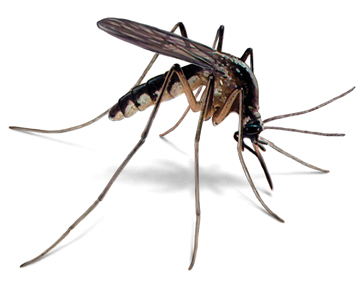Malaria / Yellow fever is a low risk in Kruger National Park

Mosquito’s spread Malaria
Malaria and so-called yellow fever is only a low risk when staying inside Kruger National Park. As you know Kruger National Park and Greater Kruger Park is a Malaria Area (however not all areas are high risk and in fact, most are a low risk).
We do still recommend that all guests consult their Medical Practitioner (Doctor) prior to travel, should it be recommended by the doctor, to then take prophylaxis (Malaria preventative medication) as a precaution. There have only been a few reported cases (only one or two) the past few years and not in our area, considering that Kruger National Park is very huge (around two million hectares) and the National Park receives around two million visitors per year.
Kruger Park Tours has had no reports from our guests in the past, although we do rather prefer you to be safe, although it is not a big risk and we do not take any preventative medications ourselves, being here in Kruger Park Area (Kruger Park Tours and our staff).
Our personal physicians informed us that it is better not to take Malaria preventative medication, as the medication itself can lead to the disease not being detected (when they test for it), especially if the medication is not taken on a daily basis / regularly.
It is however legally required for us to inform interested travelers of any possible Malaria / Yellow fever risk, before booking with us and to also inform possible guests of the necessity to take the prophylaxis (that when taking the medication, not to miss taking any of the prescribed pills).
To summarize, we have informed you in the above article that the risk of getting Malaria / Yellow fever is extremely low, however we do recommend taking precaution (as we do not take any responsibility should you contact the disease). We have however had no guest or staff member contract Malaria in the past, although we do rather prefer you to be safe and take the prophylaxis pills (without missing any dose).
Missing a dose of the prophylaxis and then contracting the disease can cause it not to be detected by doctors when tested for, so in such cases it would have been better to take no precaution and be correctly diagnosed and treated. When diagnosed early, the disease can be easily treated and poses no real threat to your health and life, however the responsibility of your doctor to correctly diagnose and treat.



Leave a Reply
Want to join the discussion?Feel free to contribute!